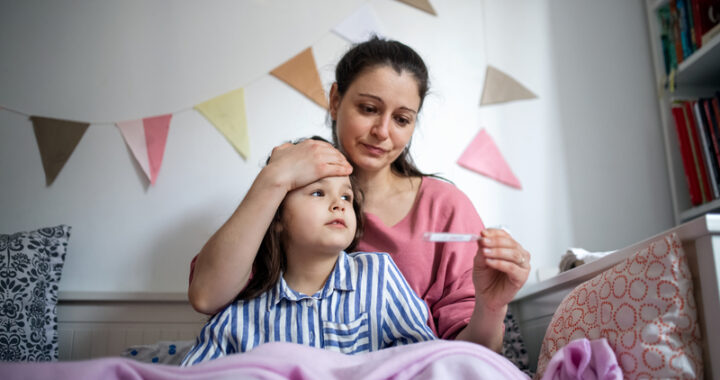As we advised in February 2022, Governor Newsom signed a bill, SB 114, requiring employers with 26 or more employees to provide up to 80 hours of Supplemental Paid Sick Leave (“SPSL”) for specified COVID-19-related reasons.
SB 114, codified in Labor Code Section 248.6, provided up to 40 hours of COVID-19 SPSL for full-time employees who had symptoms of COVID-19, were caring for a family member with COVID-19, or had side effects from a COVID-19 vaccine (for this reason, they are entitled to up to 24 hours of paid SPSL coverage for themselves and an additional 16 hours for taking care of a loved one). Employees who were not employed full-time, but were scheduled to work regularly, were entitled to the number of hours that they regularly work in one week. Full-time employees could further receive an additional 40 hours of SPSL if they tested positive after day five and could not work remotely.
SPSL was set to expire on September 30, 2022. However, on September 29, 2022 Governor Newsom signed Assembly Bill 152, which extends SPSL to December 31, 2022.
- AB 152 does not require a new bank of leave to employees who already received paid time off under SPSL. Instead, it simply provides that the SPSL that employees could have used between January 1, 2022 and the original expiration date must continue to be available through the remainder of 2022 (and possibly slightly beyond 2022 if an employee begins a covered absence at the end of 2022 that continues, uninterrupted, into 2023).
- AB 152 makes a small change with regard to testing. Currently, the law allows an employer to require that an employee submit to a second diagnostic test on or after the fifth day, following a positive diagnosis, to determine if the employee is subject to the second set of 40 hours of SPSL. However, AB 152 would amend the law to allow an employer, in cases where the second test is positive, to require a third test (at no cost to the employee), within no less than 24 hours. AB 152 also makes a change by providing that employers could deny additional SPSL to an employee who refuses to submit to the tests.
- AB 152 also established the California Small Business and Nonprofit COVID-19 Supplement Paid Sick Leave Grant Program. Qualified small businesses who were operating in the state before June 1, 2021, with 26-49 employees, may apply for a grant to cover their actual costs of providing SPSL up to $50,000. This grant will not count as “gross income” for state tax purposes. To determine if your business qualifies, please contact us.
The extension is also relevant to employers with 100 or more employees worldwide who are subject to San Francisco’s permanent Public Health Emergency Leave Ordinance (“SF PHELO”) that takes effect on October 1, 2022. Under the San Francisco ordinance, employers will be able to count any SPSL an employee uses between October 1 and December 31, 2022 against their obligation to provide potentially up to 40 hours of public health emergency leave during that time period.
More information on SPSL is available on the DLSE website here.
DISCLAIMER
The information provided on this website includes general information about legal issues and developments in the law. Such materials are for informational purposes only and may not reflect the most current legal developments. These informational materials are not intended, and must not be taken, as legal advice on any particular set of facts or circumstances. This website is not presented as a substitute for obtaining legal advice from a licensed attorney, nor should you rely on anything on this website for legal purposes without seeking legal advice from a licensed attorney.
Sending an e-mail message to WorkWise Law, PC (the “Firm”) or otherwise interacting with the Firm through this website does not legally obligate the Firm to represent you as your attorney. The Firm will not undertake legal representation for anyone without a written and signed retainer agreement.
